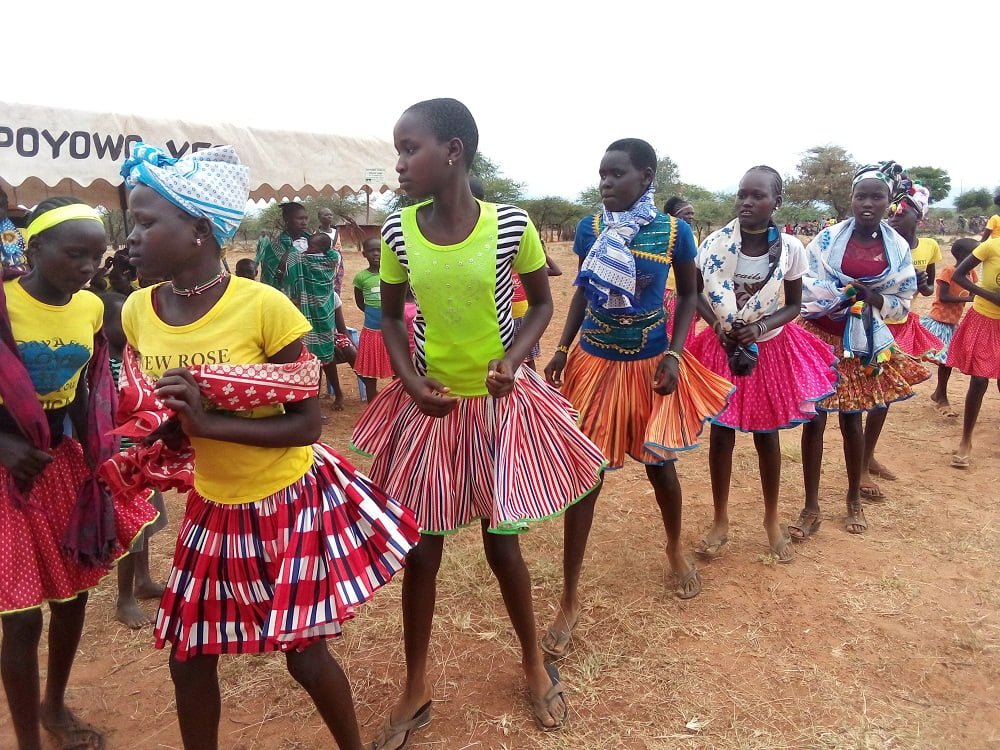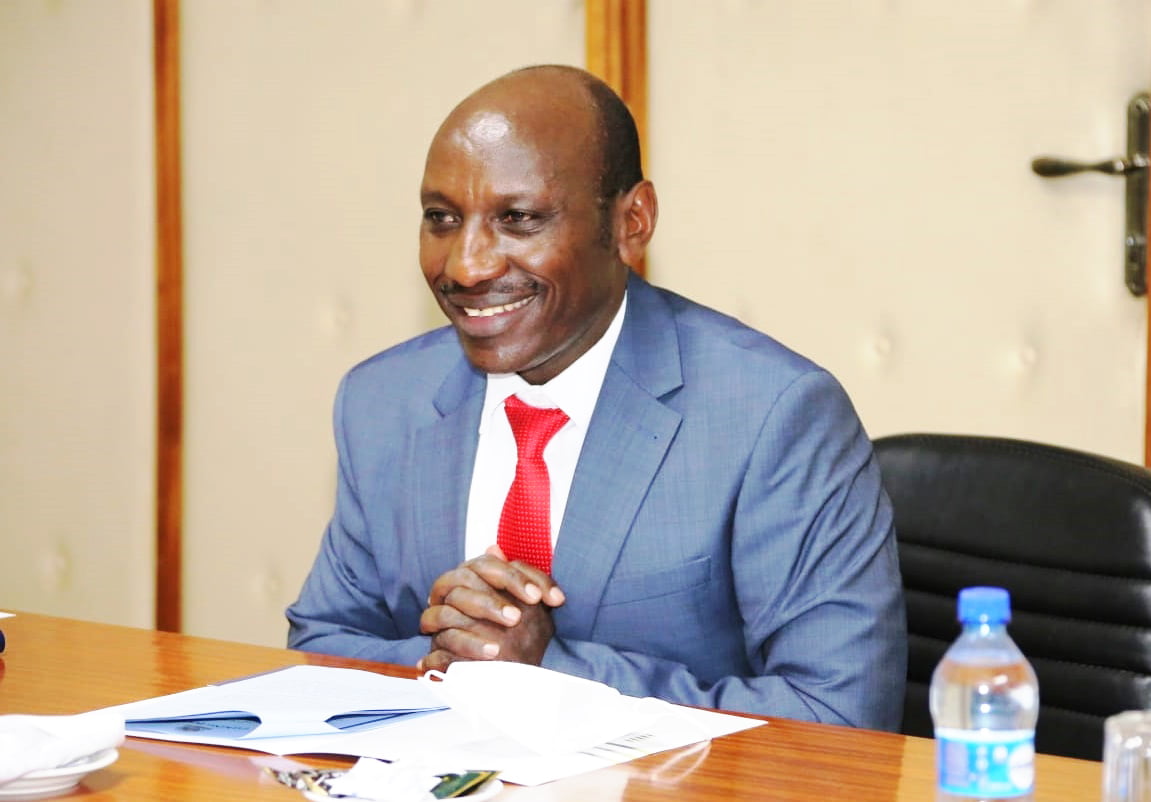By Faith Murithi
Students in colleges and universities have little knowledge of their reproductive health according to a released report conducted by BioMed Central (BMC) Public Health.
Entitled ‘The Reproductive Health Knowledge Among Students in Kenya 2018 Report’, the survey indicates a deficiency in knowledge regarding reproductive health among college students and stresses the need for directional educational initiatives in sensitization of university students and young people on contraception methods, prevention of sexually transmitted infections and constructive social behaviours and norms during their university life.
A team of trained nurses did the data collection using a questionnaire with both open-ended and closed-ended questions. The study used Mount Kenya University to derive its sample from a population of over 40,000 students, being the largest private institution of higher learning in Kenya. They sought to assess the knowledge of students on sexually transmitted diseases, unplanned pregnancy, contraceptive methods, negative behaviour factors in reproductive health, and awareness of facilities where they can seek reproductive health services.
A total of 338 participants completed the study by filling the questionnaire with male students constituting 50.3% and 49.7% representing females.
In prevention of unplanned pregnancy, 71.6% of the respondents stated that they were conversant with the use of condoms while 9.8% used injectable contraceptives. 7.1% were acknowledged vasectomy, as tubal litigation was only known by 5.3% of the respondents. Curiously, 4.1 % were not aware of contraception methods despite extensive campaigns and 25.7% applied the menstrual diary to control births.
The results from the report indicate that 14% of maternal mortality and 11% of all new births globally are among females aged 15-19 years. While 26% percent of the population in Kenya are youth, for every one man infected with HIV through sexual intercourse, there are a corresponding four women.
Almost 60% of the respondents were conversant with more than one type of Sexually Transmitted Infections (STI) while 39.4% were aware of only one sexually transmitted infection: HIV/AIDS.
On the knowledge of facilities providing reproductive health, the report indicates 62.4% knew about hospitals only, 11.8% were aware of university clinics only while 9.5 % were knowledgeable about both facilities providing reproductive health services. Drug and substance abuse and risky sexual behaviour among youth was cited as the most prevalent negative behaviour.
Mwanamisi Swalleh, Kenyatta University Gender, Social Welfare and Special Needs student leader observes there is poor, low quality knowledge especially on contraceptive methods with a high percentage of Postinor-2(P2) misuse evident among ladies in institutions of higher learning.
She says sex and relationships have a direct implication on their mental health and completion of university studies due to P2’s and monthly period calendars chances of failure in some cases.
“I am the welfare student leader in Kenyatta University but when it comes to holding an event on sex education, the turn up is extremely low compared to other campaigns. This is because students do not attach any importance to the topic as they assume to know about reproductive health,” says Mwanamisi.
She goes on to say that although the university has a health facility, most students are not aware of its reproductive health services and only visit it for common ailments.
In the most recent news about varsity students’ reproductive health, Preliminary Pre-exposure prophylaxis (PreP) for HIV prevention has been found to be highly misused in tertiary institutions.
Evidence shows that students use it when engaging sexually with older men, who predominantly prefer unprotected sex. The girls, unable to resist the allure of money, are forced to use the pills to reduce any chance of being infected by the virus, the danger of other STIs notwithstanding.
From Mwanamisi’s observations, there is need for universities to launch reproductive health campaigns aimed at creating awareness of the services offered by their clinics. This is because they have very little sexuality knowledge from their parents, community and church. Parents rarely talk to their children about sexual health and young people are embarrassed to ask such questions and be seen as perverts.
The student representative is backed up by the most recent results from the study report, which emphasizes the need to improve the accessibility of reproductive health services through strengthening of services provided at campus health clinics.
Yet another survey by the same BMC Health ‘A Comparative Human Rights Analysis of Laws and Policies for Adolescent Contraception in Uganda and Kenya 2022 Report’ says there is an unmet need for contraception among adolescents, which has the negative effects of unwanted pregnancies, exposure to unsafe abortion and maternal mortality.
All these reports agree that strategies must be tailored to the developmental needs of this age group in their social contexts with effective multifaceted approaches. Even as parents focus on abstinence, the main goal of sexual reproductive health education should be mentorship of young people to be able to manage their own sexual reproductive health.
It is crucial to improve the accessibility of reproductive health services to young people with establishment of youth friendly community centres within the learning institutions.






